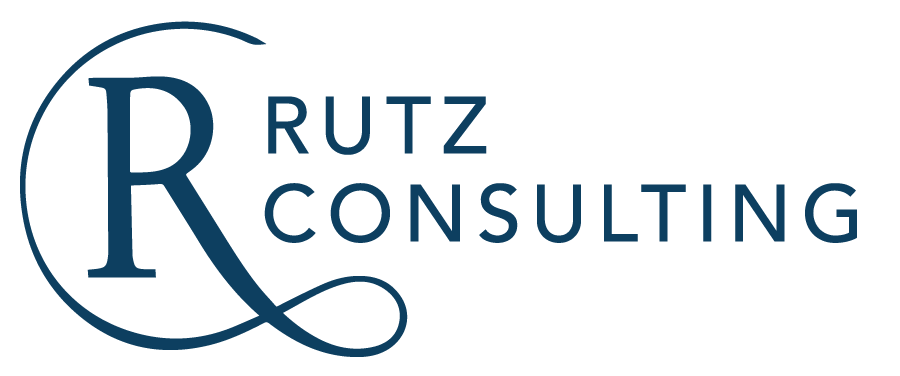My last post on LinkedIn (29 November 2016) created quite a response (which was completely unexpected!). The number of calls, emails and text messages I received took me quite by surprise.
Looking at the people responding, three categories stood out: fellow managers, individuals with long term conditions and Human Resources personnel.
Why I highlight HR separately from managers in the above list is for discussion in a future post…but I will share my response to a question I was repeatedly asked – “How are you qualified to write about return to work for long term absent employees?”
My reply is that I’m qualified for the role because I meet all of the criteria! I have vast experience of managing people and I have been through my own cancer journey resulting in me being off work for longer than 6 months. Although it did make me feel sad to get the feeling that many of my HR colleagues felt I was stepping in ‘their domain’ by talking about these areas – but that’s for another post!
Today I want to focus on the comments and questions posed by fellow managers of all levels, from frontline team leader to CEO of a major outsourcer.
I didn’t know you were so ill!
Not all cancer patients would tell their manager what’s wrong with them. Some would just hand in a sick note and others would struggle through the day and do their best, hoping nobody would realise that something wasn’t quite right. Some would just resign.
The only way to combat this unknown is to establish trust with your staff well before they go off sick! It’s your responsibility to know a little more than name and address of your employees. Not exactly a lot to ask for, but too late to find out when your employee is fighting a life threatening illness!
I didn’t want to disturb you!
Yes, a very valid point! A cancer diagnosis is followed by an array of appointments, tests, surgery, blood tests, chemotherapy, radiotherapy, immunotherapy, visits to the nutritionist and for some physiological support etc. However I would encourage you just to call your employee! Leave a voicemail and believe they have a valid reason for not answering. Say hello and ask whether you can help. You could always offer some company news – nothing too in-depth but enough to make them feel included.
Offer to call back another day and also leave your number with an invitation to call you back. Your tone of voice is very important so try to avoid being too business-like and demonstrate true empathy and care.
I wouldn’t know what to say to you!
I totally understand and can empathise with this. Until I was a patient myself I struggled with this too. You may be thinking how on earth am I supposed to talk to somebody with such a serious diagnosis?!
Here is where the title of this post comes in – I have got cancer, cancer hasn’t got me! In other words, I’m still me and I want nothing more than a conversation that’s not about my illness.
Personally, I did appreciate business up-dates, chats about challenges on my project and a call for some business advice also made me feel good.
I didn’t have time to call!
That’s probably just as lame an excuse as ‘I didn’t know you were ill’. If you truly care about your employee, you schedule the call like every other important call you have got to make. Some pointers around timing: most cancer patients don’t sleep very well and subsequently struggle in the morning…so 9am is probably not the best time of the day to ring!
Most cancer patients really suffer in the first week after their treatment with sickness, tiredness, pain and headaches will be a major player in their day. Make a point to find out about the treatment regime your employee undergoes and plan your call accordingly. You could always ask your employee when they would prefer to be called.
I’m concerned I would say the wrong thing!
Well, this can happen! One of my colleagues rang me. Delighted to be getting a call from her, we started to chat. In the conversation she asked me about what type of cancer I had and I explained as well as I could that I had stage three bowel cancer. Her response “oh, I thought it was breast cancer – so it’s not so bad then!” shocked and upset me. Needless to say that this was the first and last conversation I had with this colleague.
If you are concerned what to say to your employee and you missed the opportunity to get to know them before they got ill, take the time to find out through their colleagues or peers what they are interested in so you have talking point. For example one of my colleagues I didn’t work with on a daily basis sent me a Vogue magazine with a lovely card, acknowledging that she didn’t know much about me but she knew I loved fashion! I was so touched by this lovely gesture and it provided a great starting talking point.
I hope this post triggers a discussion around the cancer elephant in the room!







